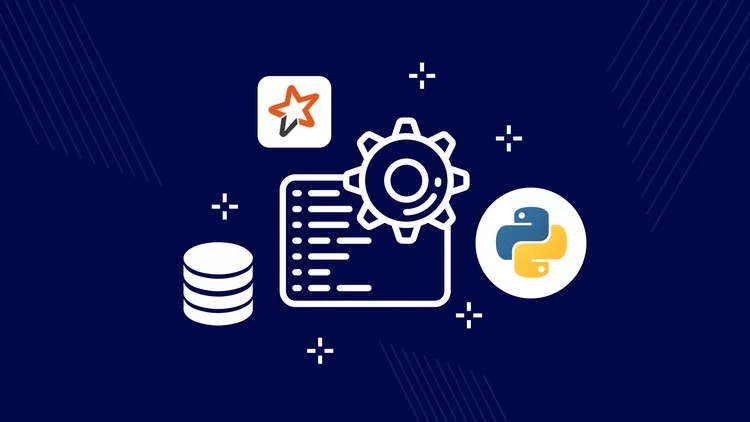With the exponential growth of data in today's digital world, the demand for skilled data engineers is on the rise. Organisations across industries, from finance to healthcare to marketing, rely on data engineers to make sense of the vast amounts of information they generate and collect.
What is data engineering ?
Data engineering is a crucial field that involves data analysis, computer science, and software engineering. Data engineers create, implement, and maintain the infrastructure, systems, and pipelines necessary to process and transform large sets of data. Think of a data engineer as the architect and builder behind the scenes, ensuring that data is captured, stored, and accessible for analysis and insights.
The role of a data engineer can vary depending on the organisation and industry they work in. However, some common responsibilities include:
1. Building and maintaining data pipelines Data engineers are experts at designing and implementing data pipelines that efficiently process and transform data, using tools and technologies such as Apache Spark and SQL to ensure smooth data flow.
2. Integrating data sources : A skilled data engineer is an expert at integrating different data sources, including data warehouses, APIs, and data streaming systems to ensure the integrity and reliability of the data being collected.
3. Cleaning and transforming data : Data engineers are responsible for cleaning and transforming raw data into a usable format. They apply techniques like data normalisation, aggregation, and quality control to ensure data accuracy.
4. Data storage and retrieval : Data engineers optimise data storage and retrieval processes so that analysts and data scientists can efficiently access and retrieve the required information. They often implement database management through data warehouses and cloud storage solutions.
5. Troubleshooting and performance tuning : Troubleshooting and performance tuning are key responsibilities of a data engineer as it ensures smooth data operations, empowers timely and reliable data analysis, and supports organisations in making informed decisions based on high-quality data.
6. Collaboration with data teams : Data engineers collaborate closely with data scientists, data analysts, and other specialists to provide them with the infrastructure and tools they need to analyse data. This collaboration drives data-informed decision-making in organisations.
7. Machine Learning & AI Solutions: Harness the power of artificial intelligence with this package, featuring AWS SageMaker and other AI-related services for advanced machine learning applications.

Our Team:
• Strong expertise and hands-on experience with modern data frameworks, such as Airflow, Dagster, DBT, and Databricks (ensure to elaborate on your experience with these tools).
• Experience working with Snowflake.
• A proactive and collaborative work approach: we highly value a team-oriented environment where everyone contributes thoughtfully and takes ownership.
• Ability to contribute to architectural discussions.
• Azure Analysis Service, HDInsight, Databricks Azure Data Catalog, Cosmo Db, ML Studio, AI/ML etc.
• Extensive hands-on experience implementing data pipelines, data migration and data processing using Azure services: ADLS, Azure Data Factory, Azure Functions, Synapse/DW, Azure SQL DB, Event Hub, IOT Hub, Azure Stream Analytics, Azure Analysis Service, HDInsight, Databricks Azure Data Catalog, Cosmo Db, ML Studio, AI/ML etc


